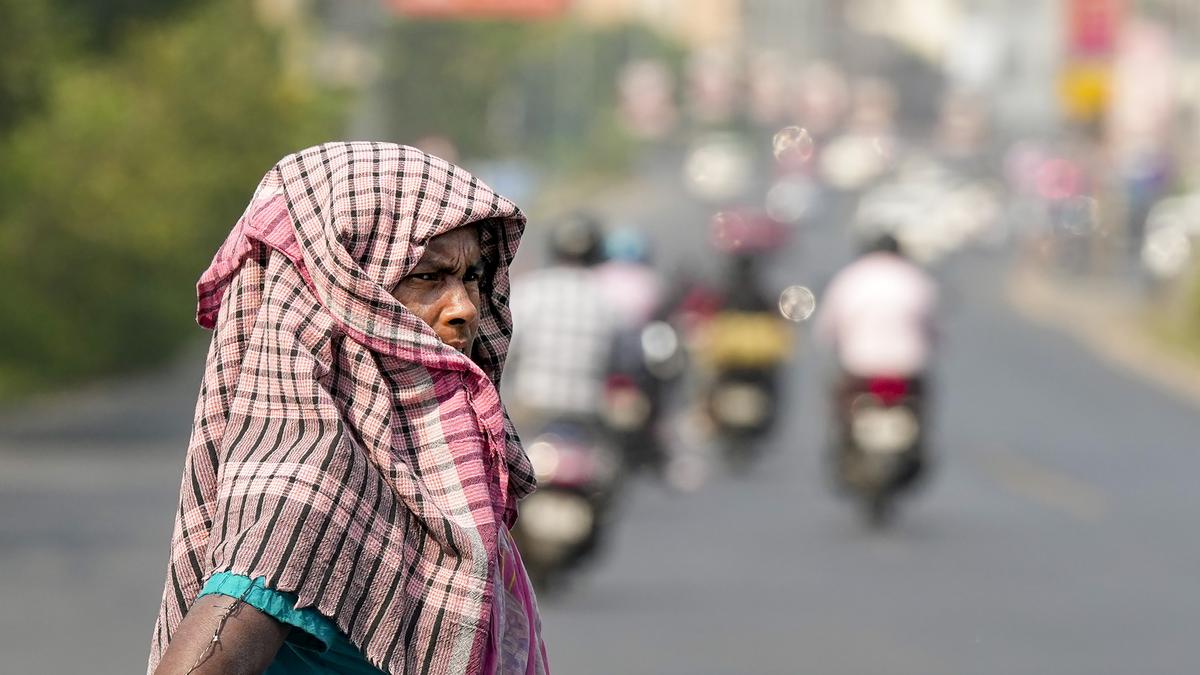Gujarat is grappling with an unprecedented heatwave in April 2025, as daytime temperatures soar to alarming levels across the state.
On April 26, Rajkot recorded the highest temperature in Gujarat at 43.9°C, significantly surpassing the normal range. Other cities like Surendranagar (43.3°C), Amreli (43.1°C), and Bhuj (42.0°C) also experienced extreme heat, raising concerns about public health and infrastructure. According to the India Meteorological Department (IMD), the heatwave is expected to persist, with temperatures ranging between 40°C and 44°C across Gujarat and Saurashtra-Kutch from April 26 to May 2. While no heatwave conditions have been officially declared, coastal areas are likely to experience hot and humid conditions, causing discomfort among residents.
The IMD has issued a yellow and orange alert for Ahmedabad city, warning residents of potential heat-related health issues. The forecast predicts very hot conditions with hazy sunshine, with temperatures reaching up to 45°C in the coming days. Authorities are advising the public to minimize outdoor activities and stay hydrated to mitigate the risks associated with extreme heat. In response to the escalating temperatures, local governments are implementing measures to protect vulnerable populations. Cooling centers are being established in public spaces, and awareness campaigns are being launched to educate citizens about the dangers of heatstroke and dehydration. Additionally, construction activities are being adjusted to reduce the risk of heat-related illnesses among workers.
Experts attribute the intensity and duration of this heatwave to climate change, which is leading to more frequent and severe weather events. The rising temperatures are also exacerbating water scarcity issues in the region, as increased evaporation rates deplete water resources more rapidly. As Gujarat endures this extreme heatwave, the focus remains on safeguarding public health and addressing the underlying environmental factors contributing to such intense weather patterns. Continued monitoring and adaptive strategies will be crucial in mitigating the impacts of climate change on the state’s residents and infrastructure.
Also Read : https://urbanacres.in/delhi-records-hottest-day-in-three-years/


